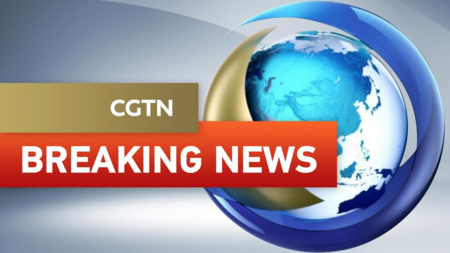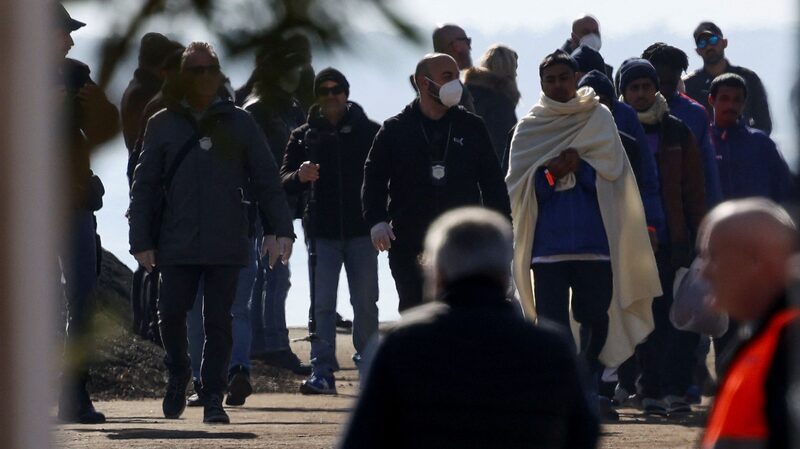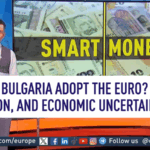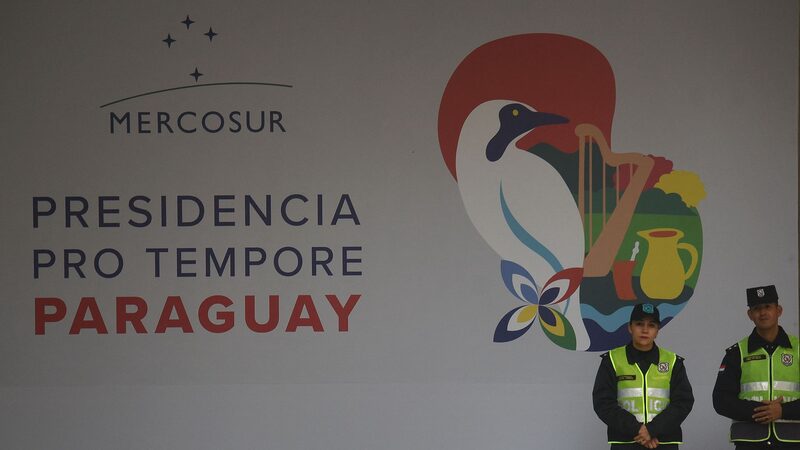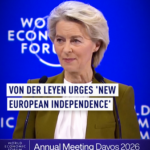From France’s cobblestone streets to Croatia’s Adriatic coast, Europe’s 2024 elections have spotlighted a dramatic political shift: voters are embracing right-wing parties like never before. The trend, fueled by concerns over security, the economy, and cost of living, has redrawn the continent’s political map—and its ripple effects are reshaping Brussels’ priorities.
Why the Right Won Big
June’s European Parliament elections saw a historic turnout, with 182 million voters propelling the center-right European People’s Party (EPP) to victory. Ursula von der Leyen, reelected as EU Commission President, pledged to focus on economic strength and innovation, declaring, \"Our freedom depends on our ability to compete.\" But the real story? Far-right groups grabbed 20% of seats, capitalizing on voter anxieties. 🌐
Brussels-based analyst Manon Dufour noted: \"Security and cost of living topped voter priorities—climate action took a backseat.\" With migration debates and inflation biting, parties like France’s National Rally (30% of EU votes) found fertile ground.
Domestic Domino Effect
France’s political chaos became a case study: Macron’s snap election backfired, leaving a fractured parliament and three PMs in six months. Meanwhile, Germany’s far-right clinched a state election for the first time since WWII, and gains in Portugal, Greece, and Bulgaria signaled a continental wave. 🌀
As EU institutions digest the results, analysts warn the right’s influence could reshape policies on climate, trade, and security. With young voters split between progressive causes and economic pragmatism, Europe’s political identity is at a crossroads. Which direction will it take? Stay tuned.
Reference(s):
How the right wing grabbed center stage in Europe's 2024 elections
cgtn.com

